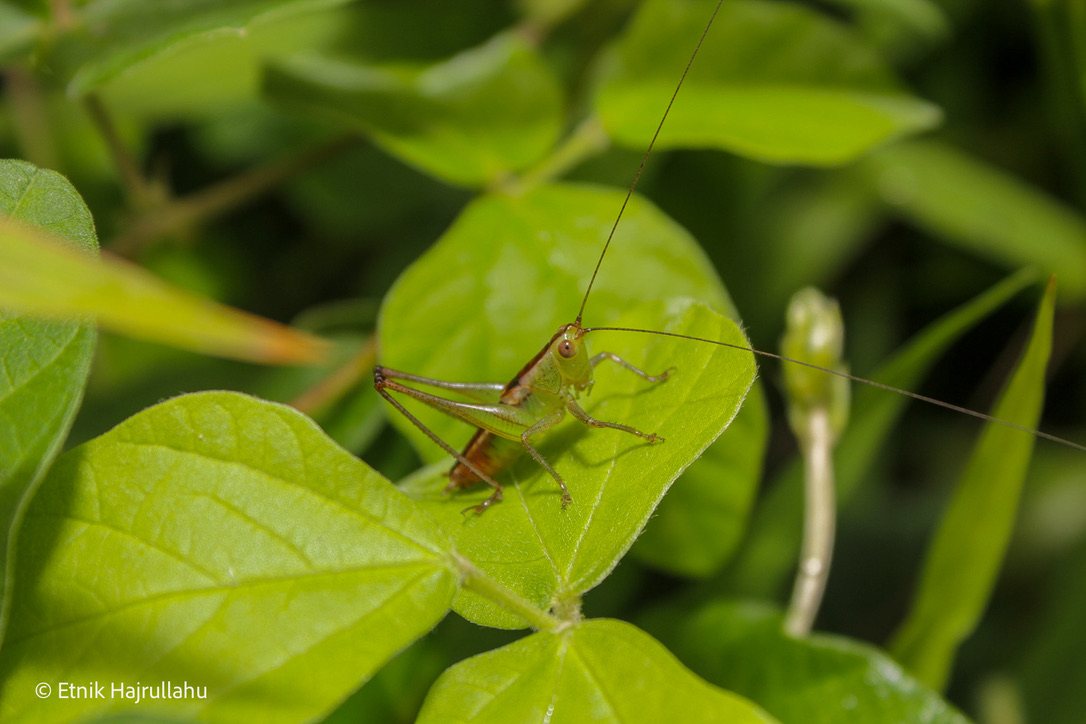Insects are a diverse group of animals that belong to the class Insecta, which includes over a million different species. They can be found in almost every corner of the world and play important roles in many ecosystems. Here’s a brief overview of the world of insects:
Physical Characteristics
Insects are characterized by their three-part body (head, thorax, and abdomen), six legs, and often, wings. They have a hard exoskeleton made of chitin, which provides protection and support. Many insects have specialized structures such as antennae, mouth parts, and reproductive organs that allow them to carry out specific functions in their environment.
Behavior
Insects exhibit a wide range of behaviors, including communication, courtship, and defense mechanisms. They use a variety of sensory cues, such as sight, smell, and touch, to navigate their environment and interact with other organisms. Some insects form complex societies, such as ants and bees, with specialized roles and behaviors that allow them to work together for the benefit of the colony.
Ecology
Insects play important roles in many ecosystems, serving as pollinators, decomposers, and prey for other animals. They also provide many ecosystem services, such as soil aeration and pest control. Insects can be found in a wide range of habitats, from tropical rain forests to deserts to the ocean.
Threats and Conservation
Insects face a variety of threats from human activities, including habitat loss, pollution, and climate change. Many species are also at risk of extinction, with some estimates suggesting that up to 40% of insect species may be at risk. However, insects are often overlooked in conservation efforts, with many species remaining undocumented or poorly understood.
Conservation efforts are underway to protect and conserve insect populations around the world. These efforts include habitat restoration, pesticide reduction, and public education and outreach. Citizen science programs are also popular ways for individuals to get involved in insect conservation.
Conclusion
Insects are a fascinating and important group of animals that play critical roles in many ecosystems. By understanding their physical characteristics, behaviors, and ecological roles, we can better appreciate the beauty and diversity of the natural world. By working to protect and conserve insect populations, we can ensure that future generations will be able to enjoy the many benefits that insects provide.

